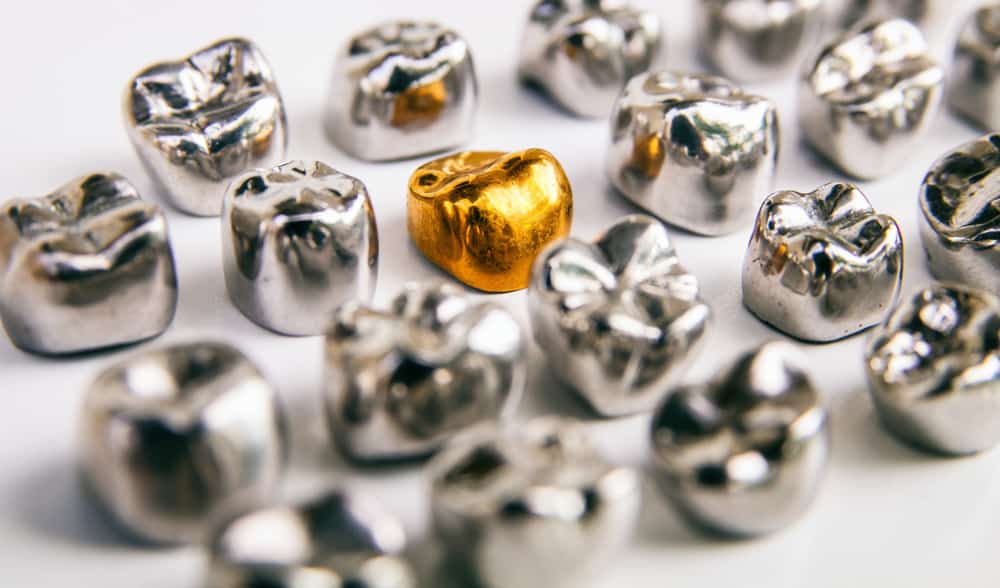Dental crowns are one of the most common dental restorations recommended by dentists around the world. They are a great solution for patients who have damaged or weakened teeth, and they can be used to improve the appearance, strength, and functionality of teeth.
What are dental crowns?
A dental crown, also known as a tooth cap, is a prosthetic device that is designed to cover a damaged or weakened tooth. It is essentially a tooth-shaped cap that is placed over a tooth to restore its shape, size, and strength. Dental crowns are typically made from materials such as ceramic, porcelain, or metal, and they are designed to look and function like a natural tooth.
Why are dental crowns needed?
Dental crowns are used for a variety of reasons. Some of the most common reasons that dentists recommend dental crowns include:
- Protecting a weak tooth: If a tooth has been weakened due to decay, cracks, or fractures, it may not be able to support the pressure of biting and chewing. A dental crown can be used to protect the tooth and prevent it from breaking further.
- Restoring a broken tooth: If a tooth has been broken or severely damaged, a dental crown can be used to restore its shape, size, and strength.
- Covering a tooth after a root canal: After a root canal, a tooth can become weak and more susceptible to damage. A dental crown can be used to protect the tooth and prevent it from breaking.
- Improving the appearance of a tooth: Dental crowns can be used to cover teeth that are discoloured, misshapen, or otherwise unattractive. They can be custom-made to match the colour, shape, and size of the patient’s natural teeth, providing a seamless, natural-looking result.
What is the process of getting a dental crown?
The process of getting a dental crown typically involves two or three appointments with your dentist. During the first appointment, your dentist will prepare the tooth by removing any decay or damage and shaping it to accommodate the crown. They will then take an impression of the tooth, which will be used to create the custom-made crown.
If your dentist is using a porcelain or ceramic crown, they may use a shade guide to match the colour of the crown to your natural teeth. In some cases, they may also use a temporary crown to protect the tooth while the permanent crown is being made.
During the second appointment, your dentist will remove the temporary crown and check the fit of the permanent crown. They may make adjustments to the crown to ensure a perfect fit, and once they are satisfied with the fit, they will cement the crown in place.
If a third appointment is needed, it will typically be a follow-up visit to ensure that the crown is comfortable and functioning properly.
What are the benefits of dental crowns?
Dental crowns offer a number of benefits, including:
- Improved tooth function: Dental crowns can restore the strength and functionality of a weakened or damaged tooth, allowing patients to eat and speak normally.
- Improved appearance: Dental crowns can be custom-made to match the colour, shape, and size of the patient’s natural teeth, providing a seamless, natural-looking result.
- Long-lasting: With proper care, dental crowns can last for many years, making them a great investment in a patient’s oral health.
- Easy to care for: Dental crowns can be cared for just like natural teeth, with regular brushing, flossing, and dental check-ups.
Dental crowns are a common and effective solution for patients who have damaged or weakened teeth. They offer a range of benefits, including improved tooth function, appearance, and longevity.


